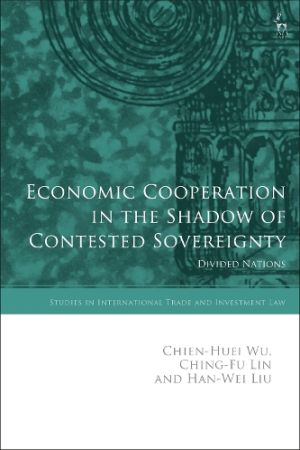
This book is the first of its kind to address a question of both practical and theoretical significance: how do political entities within a “divided nation” engage each other in terms of trade, investment, and other economic activities?
“Divided nations” in this book refers to 2 entities that belonged to one state in the past and broke apart into different units constantly clouded with sovereignty contestation. Contested sovereignty in divided nations presents enormous complexities for their economic cooperation. Built on 3 representative case studies focused on pairs of divided nations—North-South Korea, China-Taiwan, and North-South Cyprus—the book explores from both an empirical and a conceptual perspective the underlying factors, approaches, and patterns that influence the economic relationship between the 2 sides.
The book identifies and examines complex factors across the case studies, making timely contributions to debates surrounding sovereignty, democracy, and legitimacy in the context of international economic laws given the shifting geopolitical landscape. It further informs countries that do not share the same features of divided nations but nonetheless experience diplomatic crises or military conflicts, which render their economic cooperation sensitive and strenuous.
This book is a must read for researchers, trade lawyers, and students in international law and international relations and a valuable asset for negotiators, diplomats, and policymakers confronted with decisions that instigate war or peace amid geopolitical conflicts.